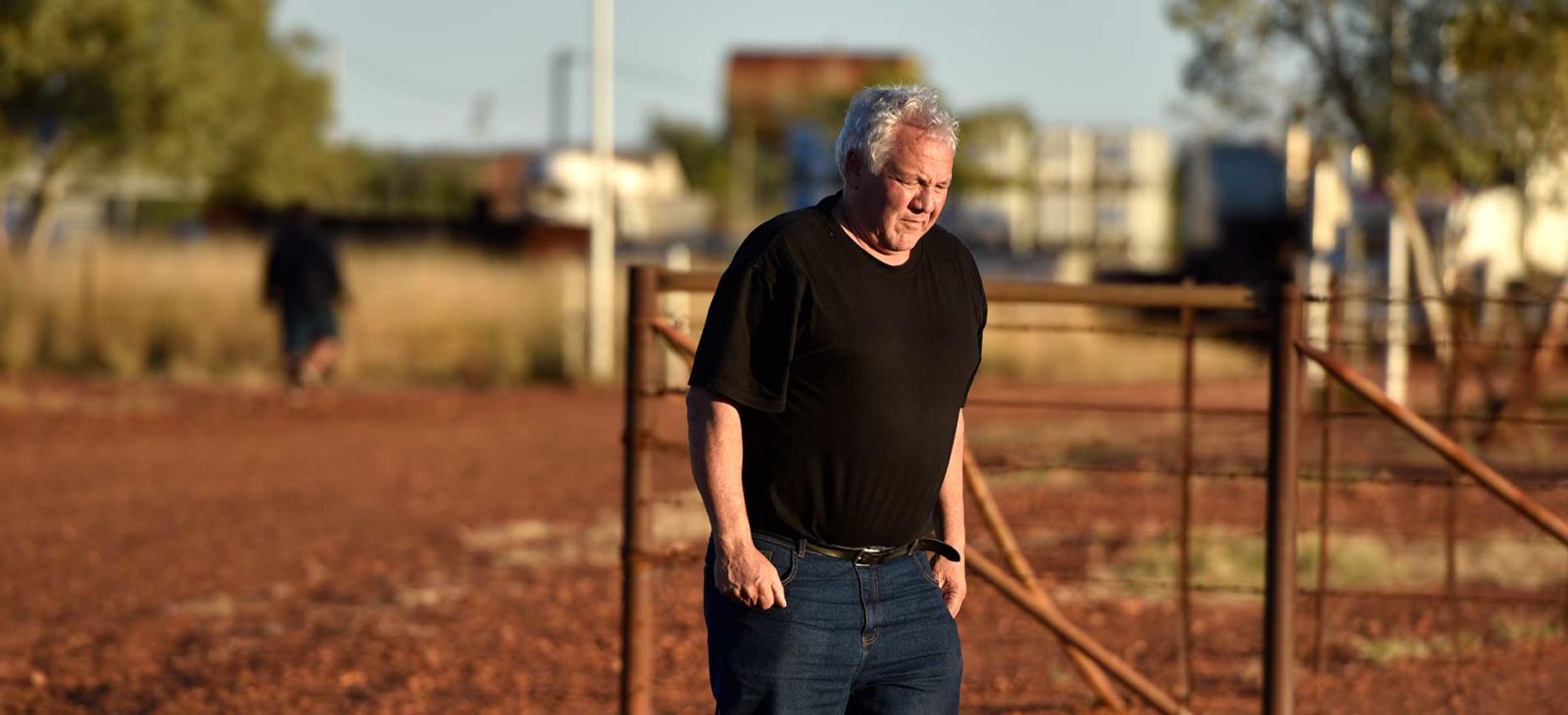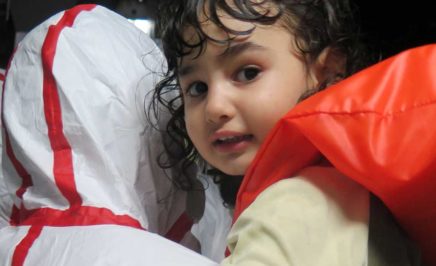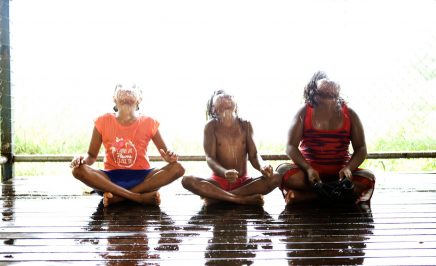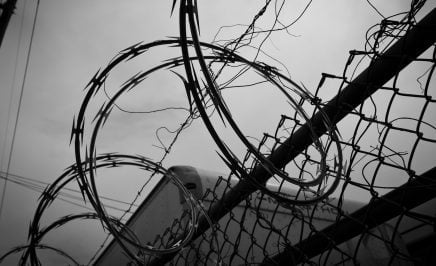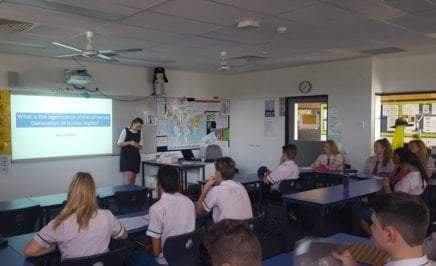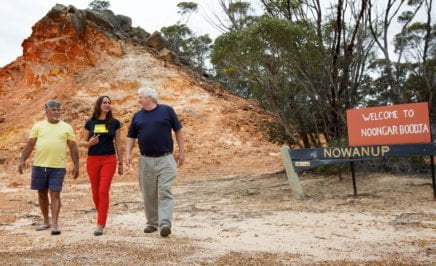Amnesty International Campaigner and long-time Indigenous rights activist Rodney Dillon has been recognised for his tireless work at a presentation in Tasmania.
Rodney was awarded the Human Rights Individual Award at the Tasmanian Human Rights Awards which mark Human Rights Week.
He was presented with a framed copy of the award alongside other category recipients at a morning tea ceremony at Government House by the Governor of Tasmania, Peter Underwood AC.
Rodney Dillon was commended for ‘his lifelong commitment to promoting the human rights of Aboriginal people at a local, national and international level in areas as diverse as land and fishing rights; the repatriation of Aboriginal artefacts and remains; the Stolen Generations and commercial enterprise’.
I’m really honoured to receive such an award and I congratulate the other winners. This kind of recognition is significant not just for me, but my people. It shows not only that we deserve but that we are having our voices heard
Rodney Dillon
Rodney, a Tasmanian Aborigine (Palawa) is a former Aboriginal and Torres Strait Islander Commission (ATSIC) Commissioner and recipient of the NAIDOC male Person of the Year in 2006. A key focus of his role at ATSIC was ensuring more Indigenous voices were heard in the media. For six years he was on the board of the National Heritage Council, working on listing a national dreaming story, a project that continues today.
He instigated negotiations for the purchase of the Murrayfield sheep station on Bruny Island and this property was bought for $4 million by the Indigenous Land Council in 2001 for the use of Aboriginal people of Tasmania.
In one of his proudest achievements, the farm is now run as a commercial enterprise while preserving Aboriginal values (there are more than 200 artefact scatter sites on the farm).
“I’ll continue to work on giving a voice to people that have in the past been silenced.
“I thank those that nominated me and look forward to continuing my work as an Indigenous Rights advocate, currently working to see that State and Territory governments address the high rates of Indigenous incarceration around the country.
“I hope that any work I do in highlighting these kinds of issues leads to positive change and shows that Indigenous and non-Indigenous Australian’s can work together for a stronger future,” he added.
